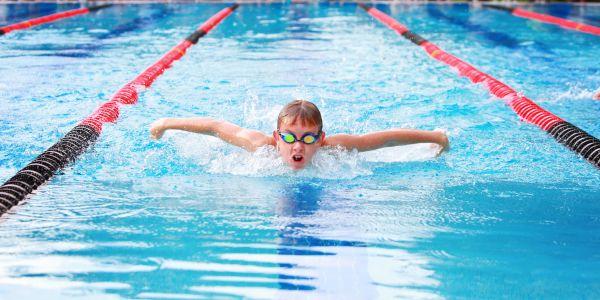Goal Setting in Youth Sports
Do you feel frustrated when your young athletes seem to lack motivation and direction? Would helping sports kids set goals be helpful?
If so, you’re not alone.
We often hear from sports parents and coaches who want to better understand how to help motivate their young athletes to work harder. They’re struggling with that very difficult balancing act:
Trying to motivate without pressuring.
Here’s what one sports parent wonders about how he can help his daughter achieve her goals:
“I have a daughter who wants to play for UCLA and the US Olympic softball teams. She has great drive and desire, but I don’t think she realizes how hard she needs to work to achieve her goals. How can I help her achieve her goals?”
Another parent wants to help motivate her child without nagging her:
“How do you motivate a very talented player to consistently reach her highest potential? And how can I help my athlete be self-motivated to improve instead of being reminded/nagged all the time?”
When parents come to us with these questions, they often confuse pressuring their kids with helping them set goals. Are you one of these parents or coaches? It’s likely you are–no matter how
well-meaning your intentions are. It’s also likely that you feel frustrated and confused.
At what point is setting goals simply another way to pressure young athletes?
The answer is not obvious.
We’re here to tell you that helping kids set goals is NOT pressuring them—but it’s critical for you to follow our tried-and-true guidelines.
We just completed a new Kids’ Sports Psychology e-book, “Drive For Success: How Young Athletes Can Achieve Their Goals” written specifically for kids.
In order to reach for their dreams, kids do indeed need to set goals.
The process can improve their motivation, focus and dedication to their sport. Goals help athletes identify their weaknesses and structure practices so they’re as helpful as possible.
Your young athletes should set their own goals. You certainly can help them set their goals, but they should be their own goals, not yours. When kids set their own goals, they are more likely to take ownership in them and stick to them.
Setting goals, however, is tricky. Kids need both short and long-term goals. They have to be very careful about how they try to achieve them.
And you have to be careful as sports parents and coaches about how you try to help them achieve their goals. Yes, goals can become pressure—too much pressure.
Our newest e-book, “Drive For Success: How Young Athletes Can Achieve Their Goals” tells sports kids the secrets to setting goals in ways that improve their success and help them feel more confident in sports.
If you join Kids Sports Psychology, you’ll have access to other mental training e-books to improve kids’ confidence and success in sports including:
- Focus to the Max! How to Focus in Ways that Get You “In the Zone” & Improve Your Performance
- How Young Athletes Can Think and Perform Like Pros by Using “Get Ready” Routines
- Mental Imagery: Using Your Imagination In Your “Get Ready” Routines
- 10 Ways of Thinking That Hurt Kids Confidence
- Six Steps for Helping You Kick Fear of Failure and Perfectionism: A Workbook for Sport Kids
- Teaching Athletes to Get in the Flow of Sports
- 12 Pregame Tips to Trust What You’ve Learned in
Practice
Related Articles on Kids’ Mental Game:
- The Importance of Goal Setting in Youth Sports
- Setting Goals for Young Athletes
- Building Kids’ Success Through Goal-Setting [Podcast]
*Subscribe to The Sports Psychology Podcast on iTunes
*Subscribe to The Sports Psychology Podcast on Spotify
The Composed Sports Kid

“The Composed Sports Kid” audio and workbook digital download program for young athletes and their parents or coach helps kids cope with frustration and anger in sports. Help your sports kids learn how to manage expectations and let go of mistakes so they can keep their head in the game.
The Composed Sports Kid system is really two programs in one–one program to train parents and coaches how to help their kids practice composure, and one program that teaches young athletes–ages 6 to 13–how to improve composure, let go of mistakes quickly, have more self-acceptance, and thus enjoy sports more!

